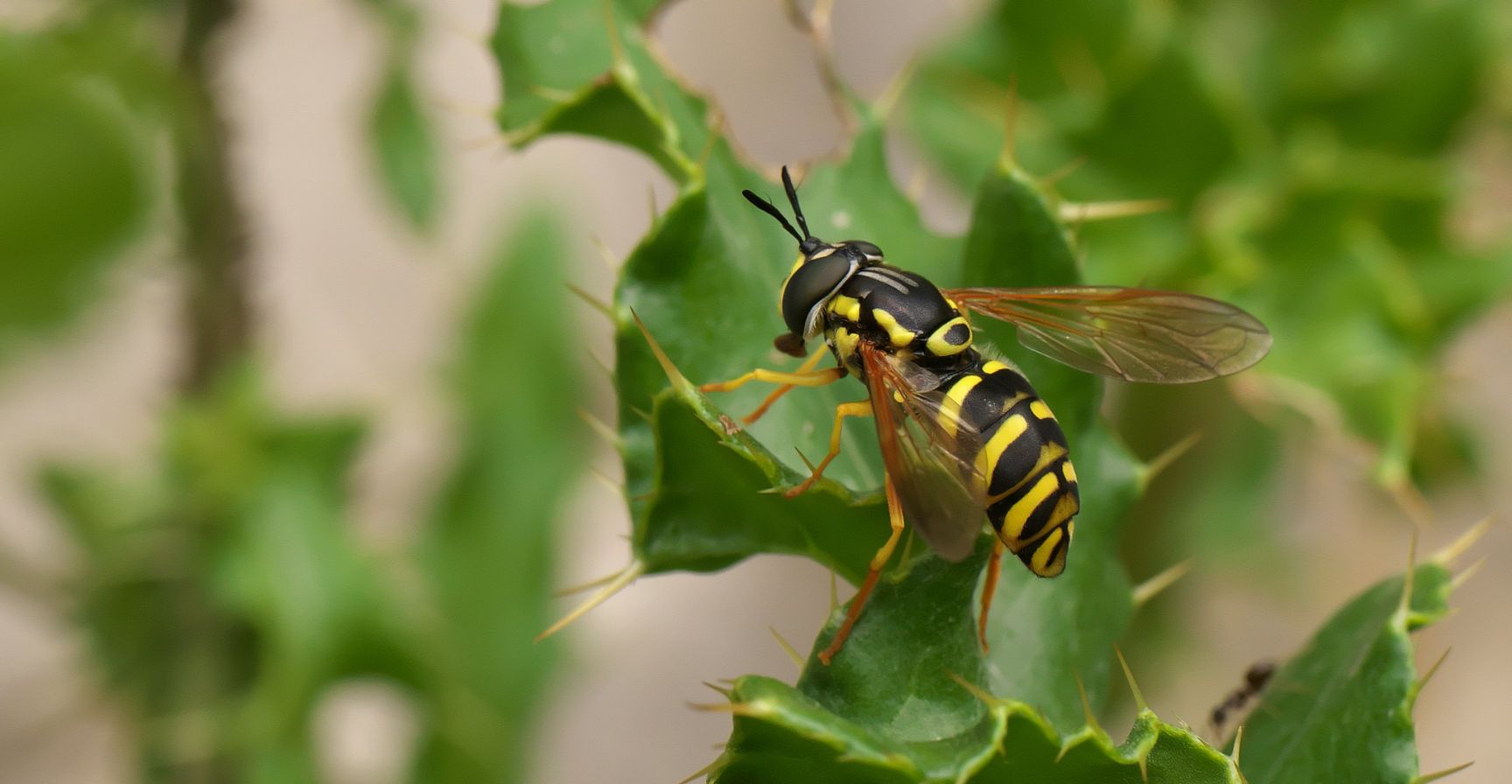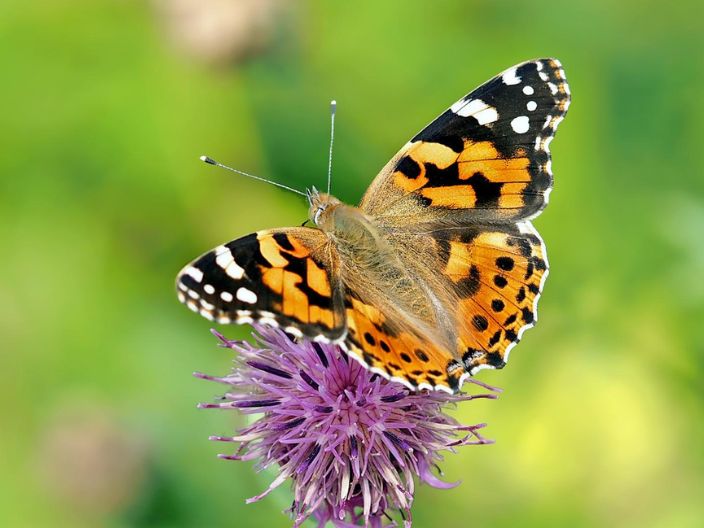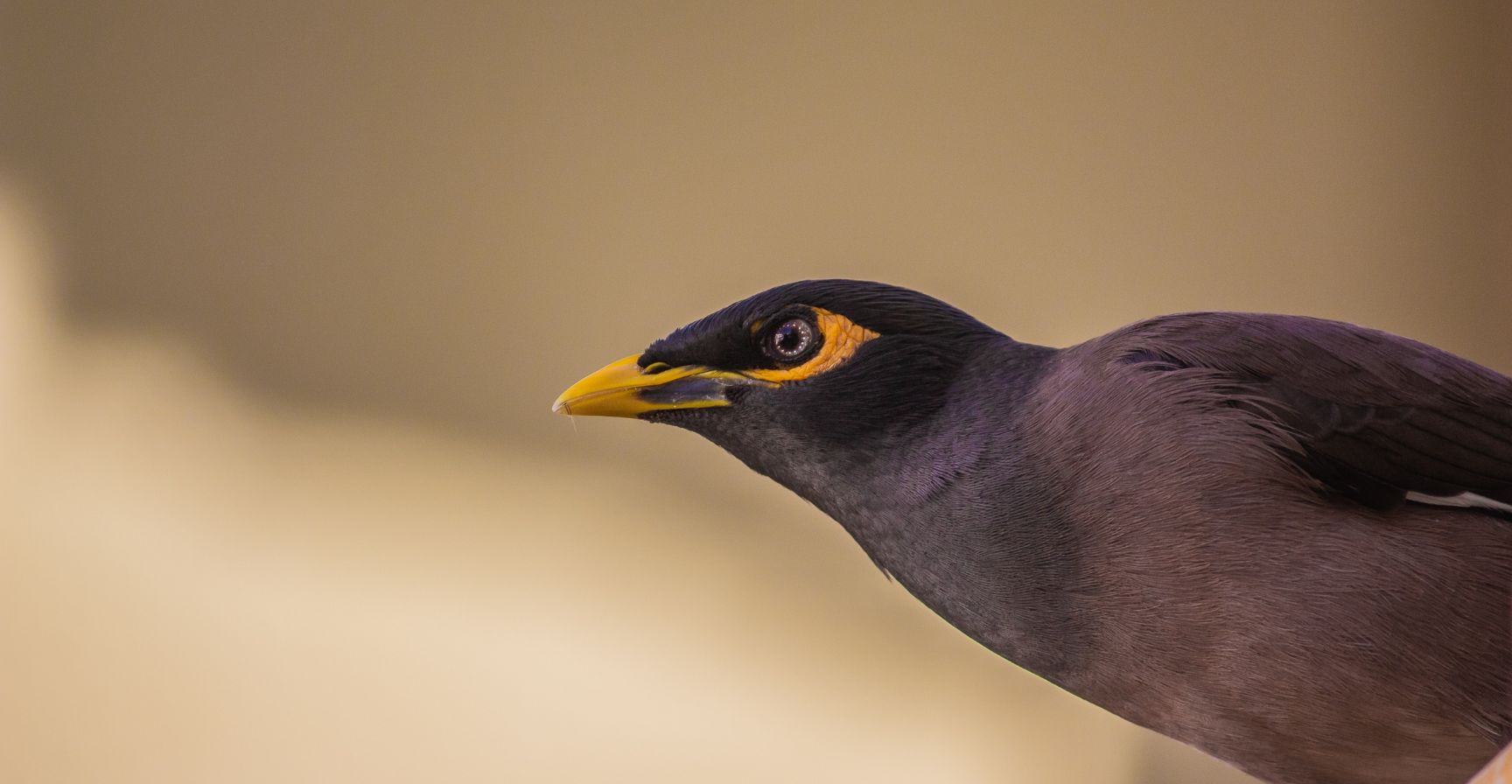European Red Lists
The European Red List is a review of the status of European species according to the IUCN regional Red Listing guidelines. It identifies those species that are threatened with extinction at the European level so that appropriate conservation action can be taken to improve their status.
To date 15,060 species have been assessed on the European Red List including all vertebrate species (mammals, amphibians, reptiles, birds and fishes), all dragonflies, all butterflies, all bees, all grasshoppers, crickets and bush-crickets, all freshwater molluscs, all trees, all medicinal plants, all pteridophytes and a selection of terrestrial molluscs, saproxylic beetles, bryophytes, and endemic shrubs.




